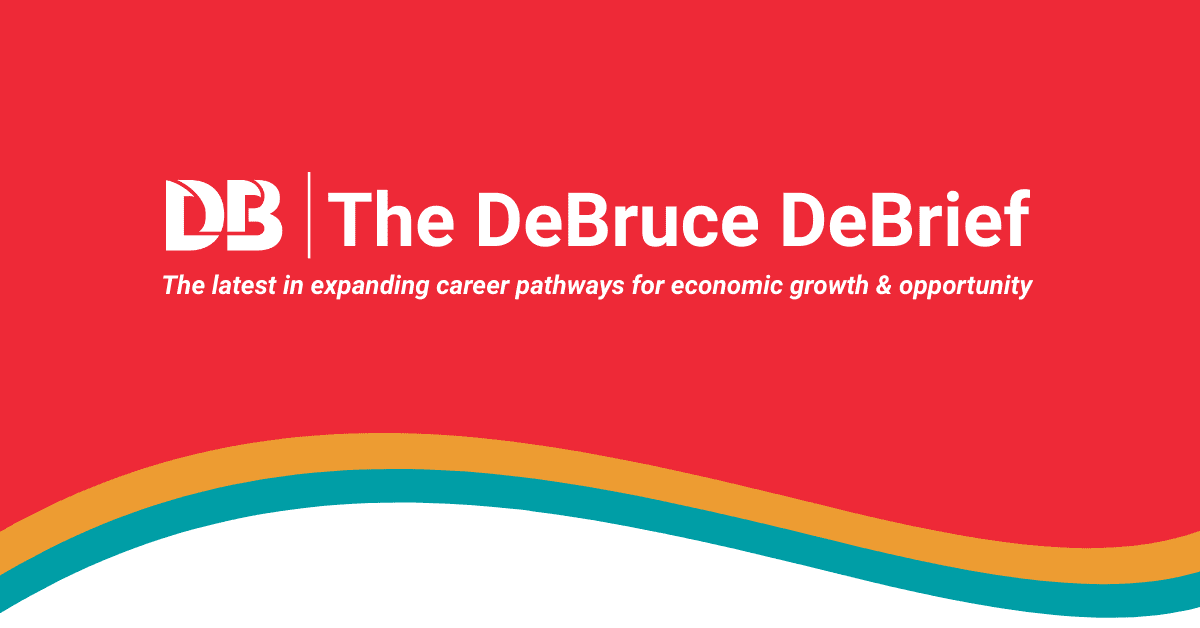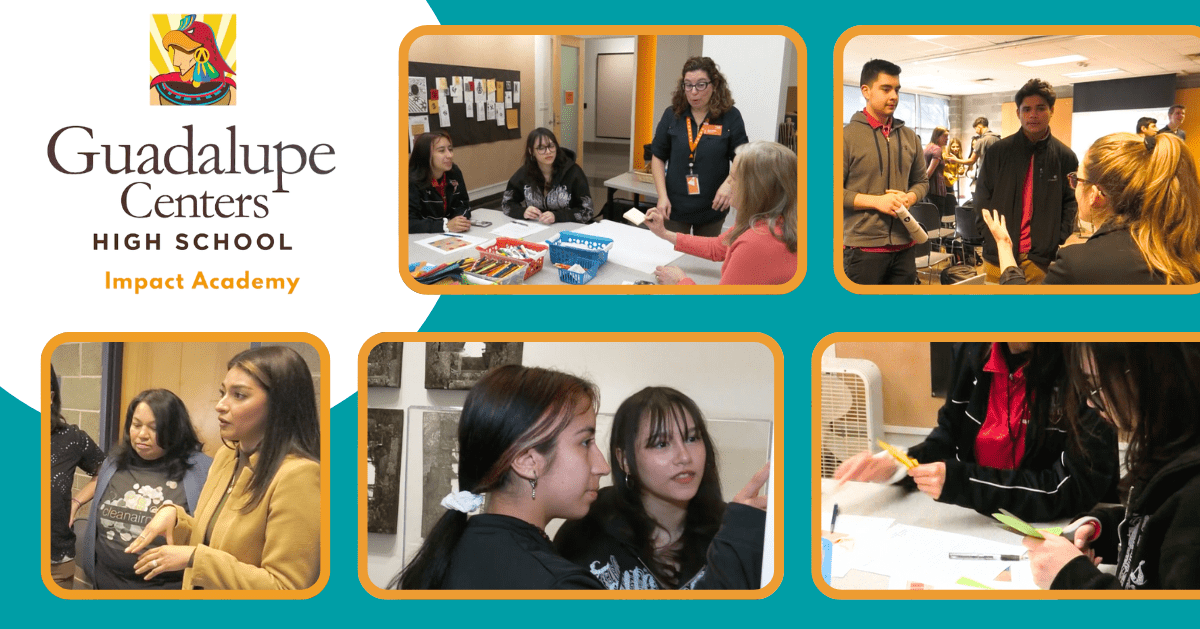Link copied to clipboard
On Wednesday, April 9th, 2025, the Junior League of Kansas City, Missouri, hosted its annual C3KC Conference. Inspired by the motto, “Spark Change for a Better Kansas City,” the event hosted a range of panels for local professionals to exchange ideas and facilitate positive change throughout the Kansas City region.
The “Leave No Talent Behind: Inclusive Employment Empowerment for Today’s Workforce” panel discussion was moderated by Dr. Leigh Anne Taylor Knight, Executive Director and Chief Operating Officer of The DeBruce Foundation.
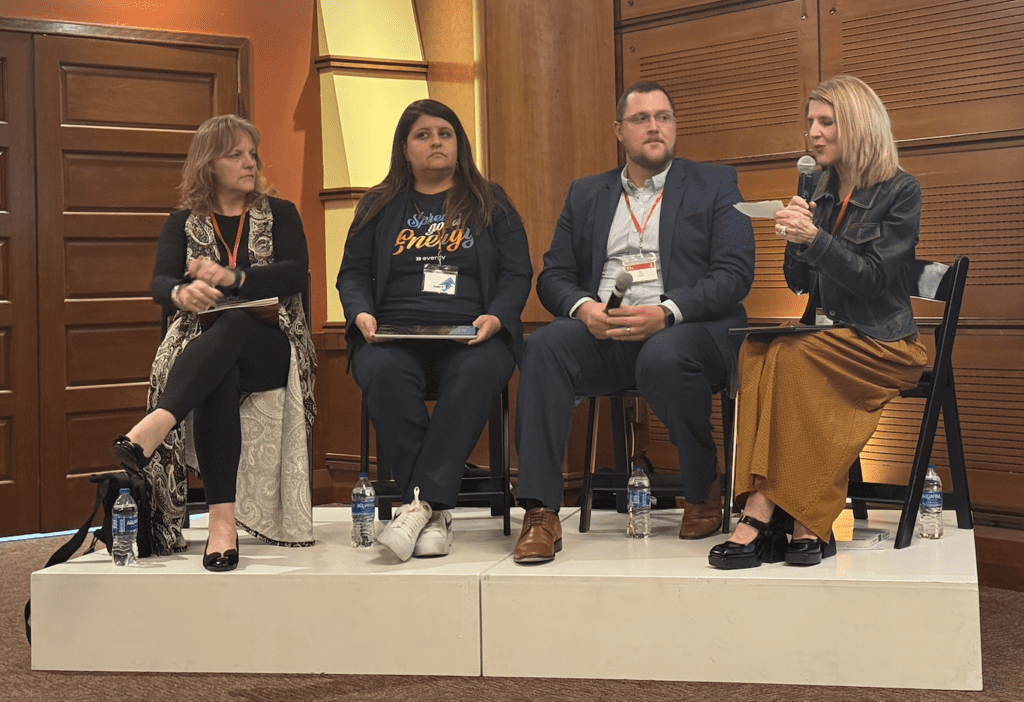
The conversation featured panelists Amy Allison, Executive Director of The Farmer’s House, Alex Earls, Deputy Division Director of the Missouri Department of Economic Development, and Sheri Gonzales, Senior Director of Engagement and Workforce Development for Evergy. Each panelist was able to offer their unique experiences as they applied to the civic, corporate, and community networks throughout Kansas City and the state of Missouri.
Building Employment Empowerment
Bringing together industry leaders from the civic, corporate, and community spaces inspired a conversation on how to support all members of the workforce, enhancing professional experiences for all.
The panel discussion centered around the idea of building career confidence and giving people the opportunities needed to drive meaningful change throughout the workforce – what The DeBruce Foundation champions as Employment Empowerment.
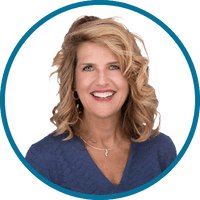
“We know that when we build Career Literacy – which is an understanding of yourself, what you like to do, what you do well, and being able to see the career marketplace, the options out there related to that – and when we build Network Strength – when we diversify and strengthen the networks that we have – we actually can help individuals be employment empowered,” said Dr. Leigh Anne Taylor Knight.
Developing Talent Across the Workforce
In today’s workforce, talent is needed across a wide range of industries. Unfortunately, there is a clear demographic cliff approaching– where fewer workers are available to fill roles in the workforce. For the future of the workforce, it will be vital that individuals understand the value behind their work and that employers provide opportunities for individuals to meaningfully contribute and grow in their organization.
This puts the following question onto leaders across the workforce: “How can we best attract and retain employees?”
To provide insight on this matter, Dr. Leigh Anne Taylor Knight highlighted practices used to develop talents across the workforce from local author Kate Duffy and the renowned Dr. Temple Grandin from their book, “Developing Talents, 3rd Edition: Careers for Individuals with Autism”:
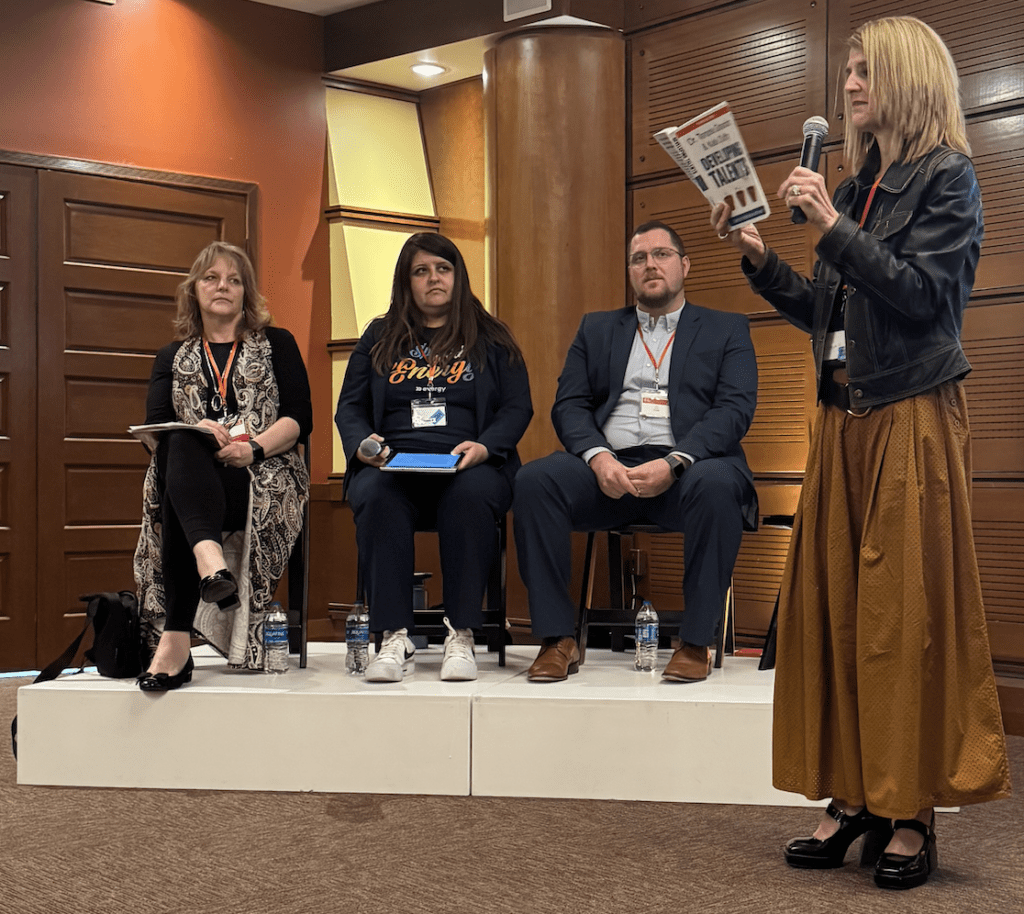
- A shift in how government agencies view employment
- Increased access to inclusive academic/vocational education after high school
- Corporations partnering with disability and inclusion experts to enhance professional development opportunities
- Job and career mapping tools for all
- Planning and organizing tools to help navigate systems
The panel’s conversation found that these strategies were essential in the work that The DeBruce Foundation, The Farmer’s House, the Missouri Department of Economic Development, and Evergy are doing to build a more inclusive workforce.
Sherri Gonzales: Inspiring Growth in the Workforce
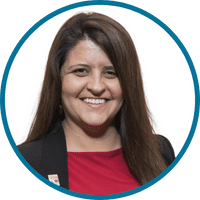
As one of the leading electrical service providers in the Kansas City Metropolitan Area, Evergy is dedicated to serving the workforce, including its diverse employee base.
“I can guarantee we’re striving to be the place where all employees are respected, valued, and heard,” said Gonzales.
To better serve their employee base – which includes over 50% of workers in craft or trade roles – Evergy has created an apprenticeship and internship program for individuals to further develop necessary workplace skills.
“It gives more people an opportunity to get hands on experience, get to build their network, and understand the careers that are available,” said Gonzales.
For participating members, the programs found positive results in terms of developing career pathways over the past year.
- 83% claimed to be more familiar with jobs that were available throughout the company.
- 92% stated that somebody, their supervisor for instance, cared about the success of their career.
- 75% were able to identify someone who they knew who they could ask questions about the next steps in their career, and felt they would advocate them throughout that period of growth.
Evergy has also developed business resource groups, where employees can come together to raise awareness on topics of identity and background. When individuals came forward with a need for neurodivergent representation, Evergy created the Neuro-Alliance. This group allows members of the company to share best practices on how to best support neurodivergent individuals – now hosting over 100 members since its launch in January.
With reports of success, Evergy’s programing initiatives prove the difference a corporation can make through investing in the growth of its employees.
Alex Earls: Creating Opportunity for Underrepresented Communities
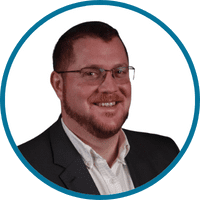
In a past role working with the Missouri Department of Corrections, Earls has played a part in expanding career pathways for underserved populations – specifically individuals transitioning out of incarceration.
“You look at social services, you look at the Department of Corrections, Economic Development – they all play a critical role in helping the workforce, helping incentivize talent… Support local communities, support local households, help local schools, educate our future, and move forward and prosper. That’s what we want, but how do we get there?” asked Earls.
As people integrate back into their households and communities, employers must give them a chance to gain success in their professional lives. As Earls explained, with around 24,000 people incarcerated in the State of Missouri, and approximately 53,000 individuals on probation or parole, a large portion of the population have experienced a stint in their professional lives – and are eager to contribute to the growing workforce.
“How are we expecting those folks to be able to help move the state forward? We have to really invest into that workforce, right?” asked Earls. “We have to figure out a way to make them stand out in the crowd.”
Earls’ work with the Department of Economic Development has developed vocational training opportunities and college education reentry programs to move previously incarcerated individuals forward. Leveraging limited resources, Earls has learned the importance of accessible workforce training materials for civic organizations firsthand.
“We have to really be able to take that to understand – ‘Okay, so where are they at? What interests them?’ – so that we can critique and curtail their educational path at their discretion. But they begin to learn about themselves, and there’s nothing more exciting than seeing somebody believe in themselves,” said Earls.
Amy Allison: Recognizing Individual Skills and Abilities
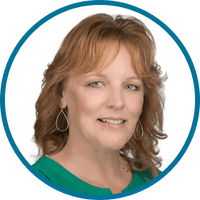
The Farmer’s House serves over 450 people with developmental disabilities annually through Early Work Experience, Employment Services, Community Integration, and Social Enrichment Programs. It started as a youth employment initiative set throughout farmers markets and has since grown to serve local community organizations in profound ways.
“We have a partnership with Union Station for the Guiness Book of World Records exhibit. We have three of our clients coming from our day programs: they’re curators, and they take people through the exhibit or direct them… And they [say], ‘It’s my job… I’m going to work’ – and they light up,” explained Allison.
Recognizing people’s passions allows them to make a difference in the community at large. What Allison explained as “job carving,” creating work placements that cater to specific tasks and specialties, allows people with developmental disabilities to offer their areas of expertise to the workforce. For example, a program participant of The Farmer’s House was hired as a silverware roller at a local restaurant, providing much needed support to sustain the facility’s day-to-day operations.
“He’s like employee of the month, because he met a business need of theirs… Those are the types of things our folks can really bring to your culture. They’re going to stay longer, they’re going to be committed to their work, and they’re going to come with a tribe of people to support them,” said Allison.
Job carving allows employers to address gaps and displacements throughout the career field, while bringing opportunities to underrepresented populations.
“I’m asking you all here today as leaders in the community to see disabilities, and think possibilities, and to understand that employing people with developmental disabilities doesn’t require a lot of money. It doesn’t even require a lot of effort, in my opinion. It requires passion and belief,” said Allison.
Showcasing the efforts of civic, corporate, and community leaders helps inform how individuals across the Kansas City region can contribute to building a more inclusive workforce. By expanding career pathways for people from diverse backgrounds and skillsets, we create meaningful opportunities for employment empowerment and economic equity for all.
To learn more about the Junior League of Kansas City, Missouri and the C3KC conference, click here.
